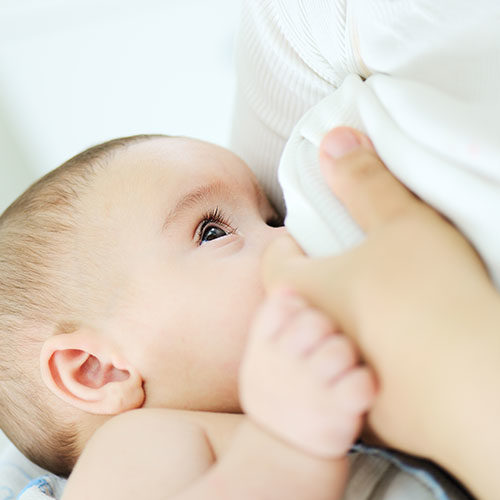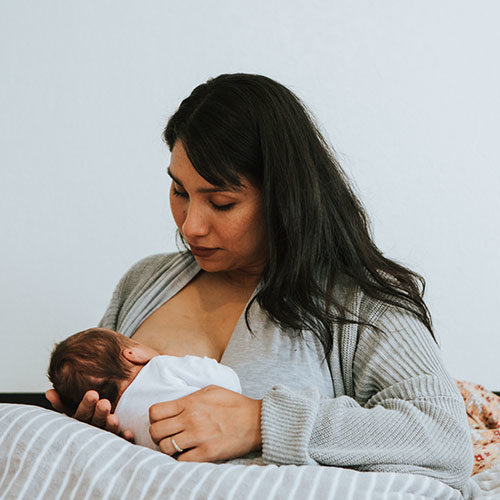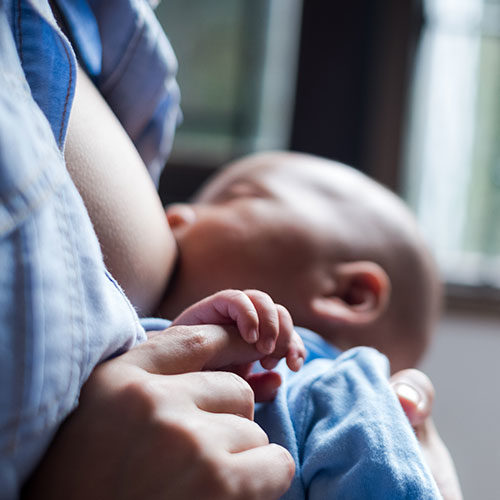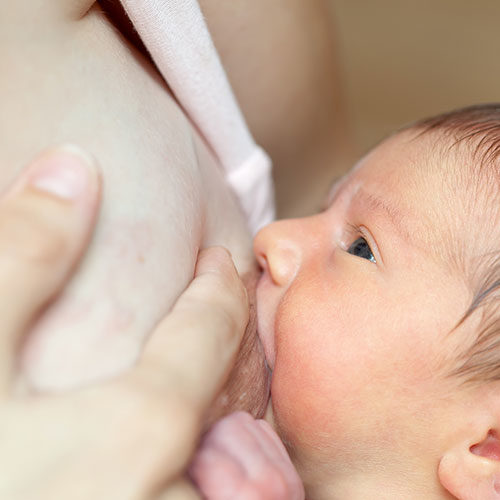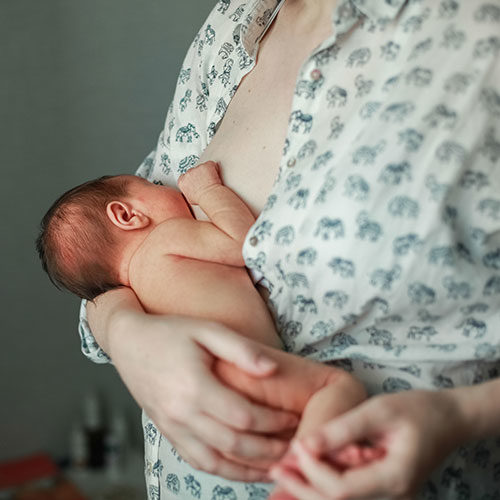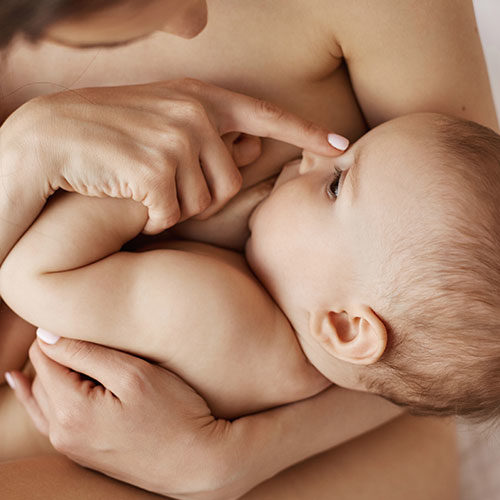What is Postpartum Anxiety and Postpartum Depression?
A woman undergoes many changes during pregnancy and after the birth of the child. These changes are physical, mental and emotional and psychological in nature. There are also many social changes in the woman’s environment that come into play after giving birth to her baby. Additionally, the internal hormonal changes impact and drive the mother’s response to these changes as well
Types of Postnatal Mental Health Challenges
- Baby Blues (experienced by most women)
- Postpartum Anxiety (often overlapping with PPD)
- Postpartum Depression (1 in 10 women experience this)
- Postpartum Psychosis (1 in 1000 women experience this)
1. Baby Blues
These are experienced by most women after giving birth to their baby. This is marked by sudden mood swings (suddenly happy to suddenly sad), bouts of crying, impatience, irritability, loneliness and mild anxiety. These symptoms last for a few hours or days to a couple of weeks after giving birth. It doesn’t require professional help and fades on its own. Meeting fellow mothers or joining online and/or offline support groups can be extremely helpful.
2. Postpartum psychosis
This is a serious mental illness. This is a rare condition that affects as few as one in a thousand new mothers. This is marked by severe symptoms like delusions (irrational beliefs), visual and auditory hallucinations along with insomnia, restlessness, anger, strange feelings and behaviours. This condition requires immediate medical treatment. Sometimes, the mother might need hospitalization if she is at a risk for hurting self or other(s).
3. Postpartum anxiety (PPA) and
4. Postpartum depression (PPD)
These two are overlapping and there is not enough research done to fully understand how they relate. Over time it has been learnt that what we call postpartum depression has significant anxiety symptoms. However, distinguishing between them can help plan the treatment better. EPDS, a scale to measure postnatal depression, finds that –
- Women with no disorders score the lowest
- Women with only anxiety are next
- Women with only depression follow them
- Women with a combination of depression and anxiety score the highest
Even though many symptoms between PPA and PPD are overlapping, the striking symptoms of PPA are constant and excessive worries, panic attacks, self-doubt, feelings of tension, inability to relax, sleep disturbances etc while the classic symptoms of PPD are sadness, tearfulness, appetite changes, decreased libido, feelings of helplessness/worthlessness, irritability, sleep disturbances etc.
Symptoms:
PPD has many signs and symptoms that start showing within the first 3 weeks of childbirth. These symptoms are persistent and don’t often go away without treatment. These symptoms also have a major component of anxiety. Not everyone experiences every symptom. But here’s a compilation of symptoms that a mother with PPD may experience.
- Persistent sadness
- Anxiety
- Feelings of guilt, worthlessness, hopelessness and helplessness
- Constant fatigue
- Abnormal changes in appetite and weight
- Inefficient focus, memory and trouble in decision making
- Difficulty in sleeping
- Trouble bonding with the baby
- Self-doubts about caring for the baby
Some severe symptoms include
- OCD symptoms
- Suicidal thoughts
- Thoughts about harming self and/or the baby
Causes:
Research suggests that PPD can happen due to a combination of reasons. In fact, there have been correlations observed between PPD and other conditions. Some likely reasons that might cause or predispose a woman to develop PPD are listed below.
- Life stress including past trauma
- Hormonal changes during and after pregnancy
- Personal or family history of depression or mood disorders
- Having experienced PPD during previous childbirth
- Other genetic and environmental factors
Treatment:
Treatment is based on the onset of symptoms and the severity of the symptoms.
- Counselling – Mild to moderate cases benefits a lot by seeking therapeutic help by mental health professionals without medication. Psychologists practising various branches of therapy like psychotherapy, cognitive behavioural therapy (CBT), rational emotive behaviour therapy (REBT) etc can help.
- Medication – Severe cases might require medication sometimes. Psychiatrists can administer the necessary medication and also provide therapeutic support. Usually, medication is offered to achieve short term improvement. Long term help through therapy is almost always recommended along with medication. It is important to ask for breastfeeding friendly medicines to facilitate uninterrupted breastfeeding, which can further facilitate mental health healing.
- Support System – PPD is a condition that not only affects the mother, but also the baby, spouse and other family members. It can be great if the family members can identify and recognize the symptoms and encourage the mother to take help. Family members can also support the mother by taking her load off (of chores, childcare etc) and by promoting self-care.
PPD and Breastfeeding:
Research has suggested that-
- Rates of depression are lower among the mothers who are breastfeeding as compared to those who aren’t.
- Breastfeeding is protective of maternal mental health because it reduces the stress response.
- Combi-feeding mothers showed a decrease in negative mood after breastfeeding and the same mothers showed a decrease in positive mood after bottle-feeding.
- Breastfeeding protects infants from the harmful effects of maternal depression.
Research also suggests that breastfeeding difficulties can cause stress which can contribute to developing PPD. Therefore, it is important for a mother to receive adequate and efficient breastfeeding support.
References:
https://www.nimh.nih.gov/health/publications/perinatal-depression/index.shtml
https://www.laleche.org.uk/bf-postnatal-depression/
https://kellymom.com/blog-post/does-breastfeeding-prevent-postpartum-depression/
https://womensmentalhealth.org/posts/is-it-postpartum-depression-or-postpartum-anxiety-whats-the-difference/
https://www.webmd.com/depression/guide/postpartum-depression#1

Wish to speak with a member of our team who is a certified lactation professional and also an experienced breastfeeding mother, click on this link.
Medical Advice Disclaimer
THIS WEBSITE DOES NOT PROVIDE MEDICAL ADVICE.
The information, including but not limited to, text, graphics, images and other material contained on this website are for informational purposes only. No material on this site is intended to be a substitute for professional medical advice, diagnosis or treatment. Always seek the advice of your physician or other qualified health care provider with any questions you may have regarding a medical condition or treatment before undertaking a new health care regimen, and never disregard professional medical advice or delay in seeking it because of something you have read on this website.
Disclaimer
We understand and acknowledge that parents and babies can be of various genders on a spectrum of LGBTQI+. Families come in diverse flavours. However, in our articles, for the sake of simplicity and convenience, we will be referring to the breastfeeding parent as the mother and using the female pronouns- ‘she’ and ‘her’ for babies. Babies can be nourished and nurtured in different ways and while we have used the terms breastfeeding and nursing, we recognize that parents can opt to chest feed or finger feed.
We don’t have conflicts of interest and declare, and we are compliant with the WHO code of marketing of breastmilk substitutes and the IMS act.
In case you find any information on this website that needs to be updated, please write to us at info@bsim.org.in

